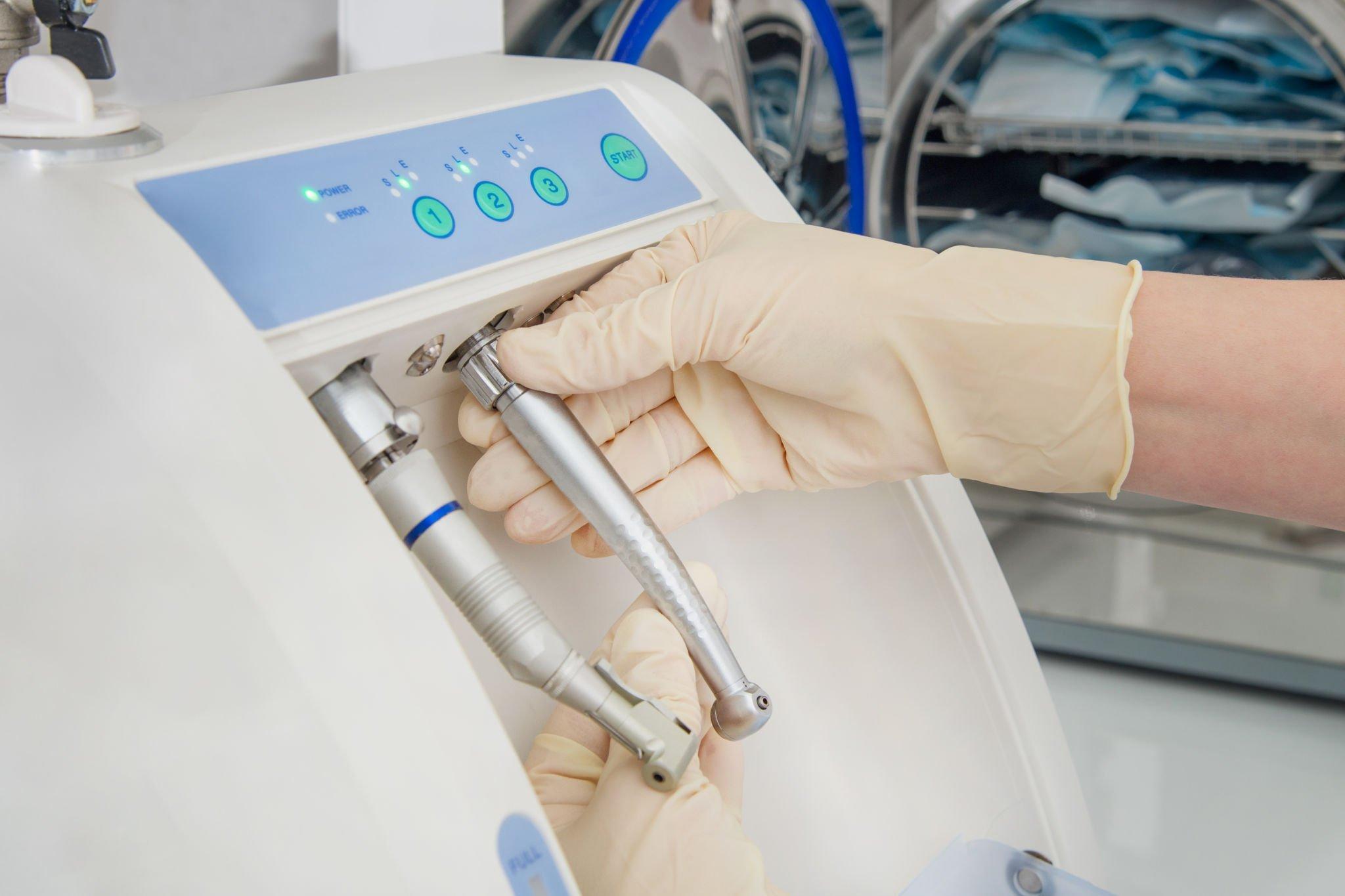Male menopause has been gaining greater attention these days. While speculations continue, it is certain that men do undergo changes at a certain age and the use of prostate supplements or nutritional supplements that may help support healthy male aging is becoming more popular.
The major issue here is that of prostate health. A decline in testosterone levels beginning at around the age of 40 may lead to physiological changes in the size of the prostate gland. Another theory is that the prostate gland continues to grow throughout a man’s lifespan and symptoms may become apparent only after 40. Since the prostate gland is situated just near the bladder and circles the urethra, its growth may impede the functions of the bladder and may obstruct the urethra. Symptoms may include a frequent need to urinate, (especially during the night), poor flow and trouble starting or keeping a steady flow. Men may not recognize these symptoms until the prostate has grown large enough to adversely impact prostate health and urinary functions, which is usually around the age of 50.
Although the enlargement of the prostate gland is a normal process of aging, the number of men suffering from an enlarged prostate or benign prostatic hyperplasia (BPH) is steadily increasing. The National Institute of Diabetes and Digestive and Kidney Diseases (NIDDK) reported an estimated 50 percent of men between the ages of 50 to 60 have pathological signs of an enlarged prostate, and about 26% to 46% of men between the ages of 40 to 79 years suffer from urinary tract symptoms related to BPH.
Noting that BPH is one of the most frequently diagnosed conditions in the male population of the United States, the NIDDK issued a report in 2008 calling for further research into BPH. This report also recommended that men who are 40 years old and above should see their physician for a prostate checkup.
Prostate-Specific Nutrients and Herbs
Among the various essential minerals that help our bodies each day, the most vital for promoting the healthy functions of the prostate are:
- Zinc, silicon, selenium, boron, copper, manganese, vanadium, and germanium. Deficiency in zinc and selenium are especially noted in those who suffer from BPH.
- Vitamin D is also believed to play a role in promoting prostate health.
- Beta Sistoerol, derived from plant sources is a key phyto-nutrient. There are a number of key research studies that suggest its efficacy in supporting uro-genital health in men. Beta Sitosterol is already an approved ingredient in prostate drugs across Europe for the past twenty years. While the FDA has still to catch up with its counterparts in Europe, a regular intake of Beta Sitosterol through prostate supplements is known to beneficially impact uro-genital health.
Popular delivery forms for prostate supplements include capsules or caplets as these have shown better bio-absorption of nutrients.
The Enlargement of the Prostate Supplement Market
As the male portion of the baby boomer generation increases, so will the need for more nutritional supplements that specifically address prostate health. According to the Natural Marketing Institute’s (NMI) “Health & Wellness Trends Survey,” one-third of the men surveyed in 2009 had taken alternative medications in the past year to address specific health concerns.
As an experienced capsule manufacturer, Nutricap Labs can help you create your own prostate formula designed to support aging prostate health. We are GMP-certified by the NSF, which means that our manufacturing standards and stringent controls not only meet but exceed standard quality manufacturing procedures, assuring you of products that have the full potential to consistently satisfy your customers.




